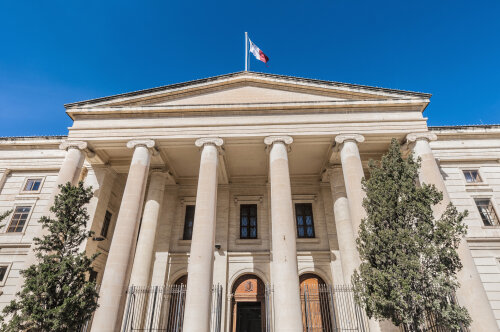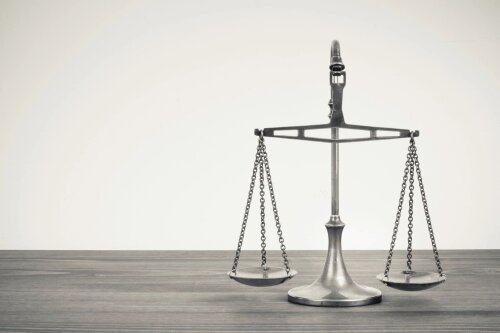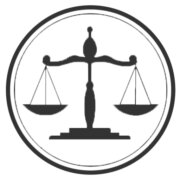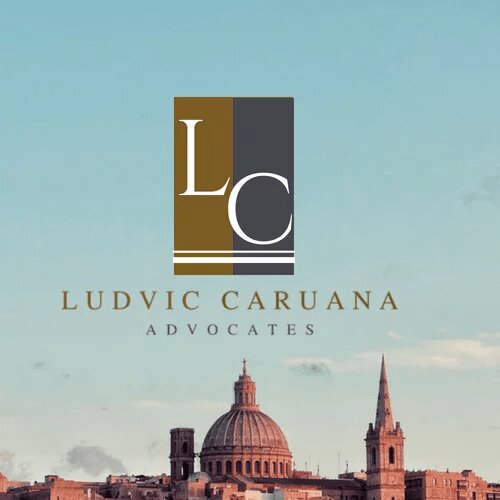Best Constitutional Law Lawyers in Malta
Share your needs with us, get contacted by law firms.
Free. Takes 2 min.
Or refine your search by selecting a city:
List of the best lawyers in Malta
About Constitutional Law in Malta
Constitutional Law in Malta serves as the foundation of the legal system, outlining the state's structure and the fundamental principles governing the interaction between the state and its citizens. The Maltese Constitution establishes the framework for the country's legislative, executive, and judicial branches, ensuring a separation of powers. It safeguards fundamental human rights, such as freedom of expression, religion, and the right to a fair trial. The document also provides for the rule of law and the sovereignty of the people.
Why You May Need a Lawyer
There are various situations where one might require legal assistance in the realm of Constitutional Law. These include issues related to the protection of fundamental human rights, disputes over the interpretation of constitutional provisions, or challenges to the legality of laws that may infringe on constitutional rights. Individuals may also need legal help in cases involving elections, the separation of powers, or principles of equality and non-discrimination.
Local Laws Overview
Malta's Constitution, adopted in 1964 when the country gained independence from Britain, is the supreme law of the land. Key aspects include:
- Fundamental Rights and Freedoms: The Constitution enshrines basic human rights, such as the right to life, protection from inhuman treatment, and freedom of assembly.
- State Structure: It defines the roles of the President of Malta, the Parliament, and the Judiciary, ensuring their independence and outlining their powers and responsibilities.
- Amendment Process: Procedures for amending constitutional provisions are prescribed, requiring a significant parliamentary majority to ensure stability and continuity.
Frequently Asked Questions
What is the primary role of the Maltese Constitution?
The Maltese Constitution establishes the country's fundamental laws, outlines governmental structures, and guarantees citizens' rights and freedoms.
How are constitutional disputes resolved in Malta?
Constitutional disputes are generally resolved in the Constitutional Court, which has the authority to interpret the Constitution and rule on its provisions.
Can fundamental rights under the Constitution be restricted?
Fundamental rights can only be restricted under specific conditions, such as during a state of emergency, and must be justified as necessary and proportionate in a democratic society.
How can constitutional amendments be made?
Amendments to the Constitution require a two-thirds majority in the House of Representatives to ensure that changes reflect a broad consensus.
What is the role of the President according to the Constitution?
The President of Malta serves as the head of state and embodies national unity. The President performs ceremonial duties and has limited executive powers.
Are there protections for minority rights in the Constitution?
Yes, the Constitution includes provisions to protect minority rights, emphasizing equality and protection from discrimination.
What should I do if my constitutional rights are violated?
If you believe your rights have been violated, you should seek legal advice and may file a claim in the Constitutional Court for a remedy.
How does the Constitution address the separation of powers?
The Constitution mandates a separation of powers among the executive, legislative, and judicial branches to prevent abuse and ensure accountability.
What is the impact of European Union law on the Maltese Constitution?
As an EU member state, Malta must comply with EU law, which can influence domestic laws. However, primary constitutional provisions remain sovereign unless expressly amended.
Do constitutional challenges delay the implementation of laws?
Yes, constitutional challenges might delay the implementation of contested laws until the Court makes a ruling, ensuring their legality and compliance with fundamental rights.
Additional Resources
For further information on Constitutional Law in Malta, consider consulting the following:
- Maltese Constitutional Court
- The Office of the Ombudsman
- University of Malta Faculty of Laws
- Legal publications and journals specializing in Constitutional Law
Next Steps
If you find yourself in need of legal assistance concerning Constitutional Law in Malta, consider the following steps:
- Identify Your Issue: Clearly define the nature of your constitutional concern or dispute.
- Seek Legal Advice: Engage a lawyer who specializes in Constitutional Law to evaluate your situation and provide informed guidance.
- Gather Documentation: Collect relevant documents and evidence that pertain to your case to prepare for legal consultation.
- Understand Your Rights: Familiarize yourself with the relevant constitutional provisions that may support your case.
- File a Claim: If necessary, work with your lawyer to file a claim in the appropriate court to seek resolution or remedy.
Lawzana helps you find the best lawyers and law firms in Malta through a curated and pre-screened list of qualified legal professionals. Our platform offers rankings and detailed profiles of attorneys and law firms, allowing you to compare based on practice areas, including Constitutional Law, experience, and client feedback.
Each profile includes a description of the firm's areas of practice, client reviews, team members and partners, year of establishment, spoken languages, office locations, contact information, social media presence, and any published articles or resources. Most firms on our platform speak English and are experienced in both local and international legal matters.
Get a quote from top-rated law firms in Malta — quickly, securely, and without unnecessary hassle.
Disclaimer:
The information provided on this page is for general informational purposes only and does not constitute legal advice. While we strive to ensure the accuracy and relevance of the content, legal information may change over time, and interpretations of the law can vary. You should always consult with a qualified legal professional for advice specific to your situation.
We disclaim all liability for actions taken or not taken based on the content of this page. If you believe any information is incorrect or outdated, please contact us, and we will review and update it where appropriate.
Browse constitutional law law firms by city in Malta
Refine your search by selecting a city.

















